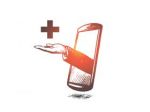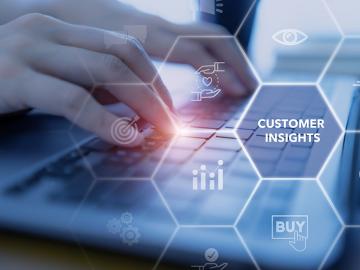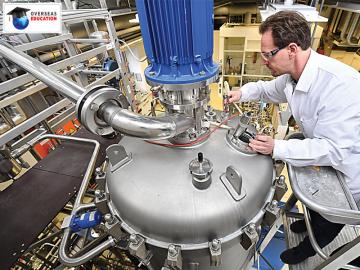
After Covid-19, health care gets a big dose of tech
Health care and life sciences companies are using artificial and machine intelligence for better insights and improved treatment since the Covid outbreak
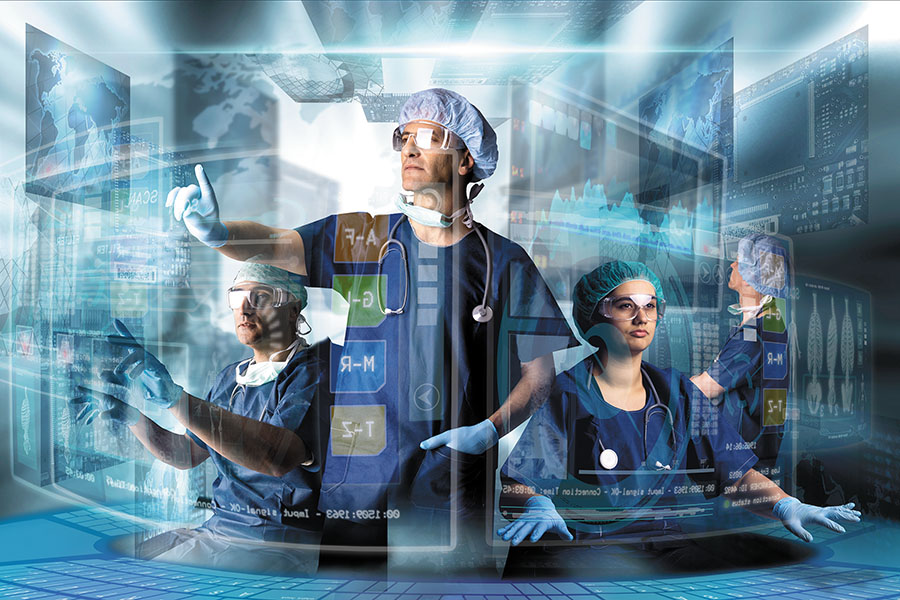 Image: Shutterstock
Image: Shutterstock“The coronavirus has brought a new future into sharp focus. While health care and life sciences organisations still face the same challenges as before, the scale, nature and pace of change have accelerated,” says Sairamkumar Jayaraman, head of delivery for health care and life sciences at Cognizant Technology Solutions.
For life sciences, this primarily centres around virtualising processes—replicating online, current physical processes—to meet today’s challenges while adapting to the ‘new normal’. This includes processes for clinical trials to go ahead, physician engagement, manufacturing operations, scaling diagnostics, accelerating the development of therapeutics such as anti-virals, vaccines, monoclonal antibodies and so on.
For the health care vertical, it is about virtualising care—for administration and delivery—and enabling a unified experience. This will improve access, affordability and quality with more efficiency at lower cost, Jayaraman says.
Health care and life sciences companies of all sizes are navigating through profound economic disruptions caused by the pandemic. In life sciences, it has impacted the companies’ ability to conduct existing trials as well as initiate new ones. In April alone, worldwide, there was a nearly 70 percent drop in new subjects entering trials, according to data from clinical trials technology company Medidata. Trials have begun to pick up since June.
Organisations are faced with rethinking the conventional drug development models to rapidly scale and deploy therapies to save lives while keeping their employees safe, Jayaraman says.
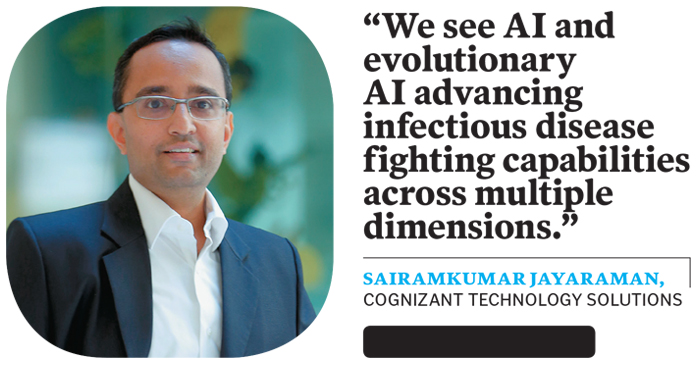
In markets such as the US, consumers—with Amazon-shaped expectations for speed, quality and price—will put pressure on the industry to adopt outcomes-based reimbursements more quickly, make costs transparent and offer clear quality data.
A critical shift that will accelerate because of the pandemic is the adoption of AI and related technologies. “We see AI and evolutionary AI (an advanced form of machine intelligence) advancing infectious disease fighting capabilities across multiple dimensions,” Jayaraman says.
In diagnosis, by exploiting AI-based image recognition systems and machine-learning (ML) programmes, hospitals and clinics will be able to detect patterns, accelerate diagnosis and triage patient care, technologists and clinicians.
In population health, the use of AI to turn data related to individuals, cohorts and populations into actionable insights will help improve treatment regimens. By applying AI to societal-level data, researchers, providers and authorities can assess and predict the risk and health based on a multitude of environmental and social determinants.
In treatment, using AI, researchers can develop models that simulate how a virus evolves, transmits, infects and propagates to find the best candidates for potential vaccines. Because human testing is required to ensure vaccine safety and efficacy, it takes at least 14 months on an average to complete human testing.
While regulators may accelerate the testing timeline, AI presents an opportunity to improve the quality of decision-making along the journey to discovery and commercialisation, Jayaraman says.
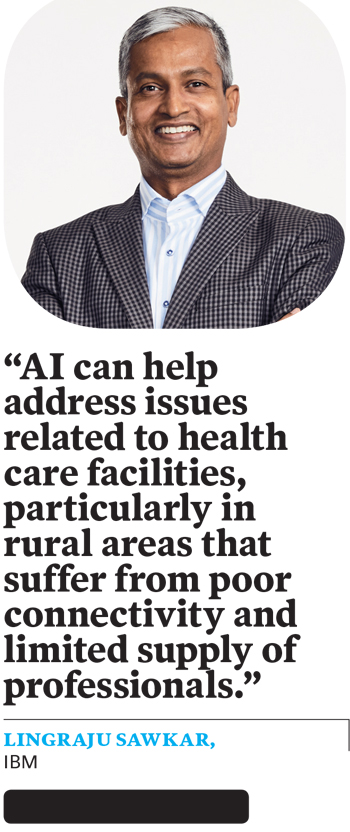
Cognizant is pursuing a project to accelerate the speed and accuracy of in-field Covid-19 diagnosis based on X-ray images. The company had built a deep learning network that Cognizant was training on 14 diseases, exploiting their commonalities and differences. After procuring a Covid-19 data set—roughly 150 X-ray images indicating whether someone was positive or negative—Cognizant added the set as disease 15 and ran the AI analyses it had built. “We are now hitting 94 percent accuracy for Covid-19,” Jayaraman says.
“AI can also help address issues related to health care facilities, particularly in rural areas that suffer from poor connectivity and limited supply of professionals,” says Lingraju Sawkar, general manager, global technology services, IBM India/South Asia. Diagnostics, personalised treatment, early identification of potential pandemic and imaging-based diagnostics are some of the areas where AI can be applied. It also simplifies the access of historical data and identifying trends and patterns before a decision is made on a prescription.
The application of AI technologies in the health care industry to perform administrative, clinical and even surgical functions continues to be an area of investment and focus for organisations, says Bill Stith, senior vice president and global head of health business at Wipro. The main areas where ‘payers’ (insurance companies) and ‘providers’ (hospitals and clinics) are exploiting AI include the following: Virtual conversational assistants and sentiment analysis tools that are used as a means of engagement between patients, hospitals and physicians, members (eligible individuals for insurance), and their insurers.
In the case of membership and billing, AI can be applied to go beyond OCR (optical character recognition) to manage paper-based enrolments, auditing of member/patient communication and deploy bots for billing. In radiology, AI and deep learning solutions can help reduce the cost of image reading and diagnosis by 90 percent. AI can be applied to build algorithms for tumour identification and segmentation, predict demand for blood supply, sepsis prediction, disease prediction, readmission risk and so on.
In claims administration, AI can be used in critical (and usually error prone) processing steps, including claims intake, benefit configurators and interpreters, coverage summary bots, and second stage adjudication. For workplace compliance, image recognition can identify and ensure adherence to PPE (personal protective equipment) requirements.
In clinical and case management, AI is used to digitise notes, and build medical and Rx ontology (prescription of drugs). In population health and care management, AI and machine learning-based patient stratification can be applied to disease management and identification of the next best action for clinical decision support based on the complexity of the case.
In cybersecurity, AI-based algorithms can be used for automated threat detection and thwarting ransomware attacks. Robotic process automation can be applied to alerting doctors to wrong use or ill effects of drugs, and problems with medical device quality or calibration.
IT services companies have been helping health care and life sciences customers in many different areas. With the pandemic spreading, work is becoming increasingly remote and virtual, says Shrikanth Shetty, executive vice president & North America head-life sciences & health care, HCL Technologies.
A clinical biotechnology company that was running a late stage clinical trial for an RNA (mRNA) vaccine candidate against Covid-19 was posed with the challenge of ensuring patient access and data collection for critical trials, which involved over 30,000 remote patients. HCL Technologies helped the customer deliver the support needed by the patients. The Indian IT company set up remote patient on-boarding and data collection through ePRO diaries (electronic patient-reported outcomes).
In a second example, a large pharmaceuticals manufacturer was struggling to make sense of data collected by different parts of its organisation in silos. Consequently, the enterprise was unable to monetise the same effectively. HCL Technologies created a single view of the data by using advanced analytics and data sciences, so that the client was able to predict the demand for drugs, optimise inventories, and manage manufacturing and supply chains better.
HCL Tech’s solution also helped the pharma company identify usage patterns based on regions, patient demographics, social listening, and sentiment analysis. This helped the company better forecast demand.
The tech services companies have also delivered leading product engineering support. Wipro, for example, engineered and developed a wearable glucose monitoring solution for a leading US-based diabetes care provider. The device can monitor blood glucose levels continuously. Users can wear this connected device and carry on with their day-to-day activities. The Internet of Things tech in the device enables connectivity with health centres and mobile phones providing real time updates, alerts and further analysis of the diabetic conditions without needing a hospital visit. A connected mobile application also sends wellness messages regarding diet, exercise, drug intake etc, and keeps patients motivated.
Wipro’s Stith adds: “On the whole, tech services providers are helping their health care and life sciences customers digitally transform their entire ecosystem.”
(This story appears in the 09 October, 2020 issue of Forbes India. To visit our Archives, click here.)
Post Your Comment


